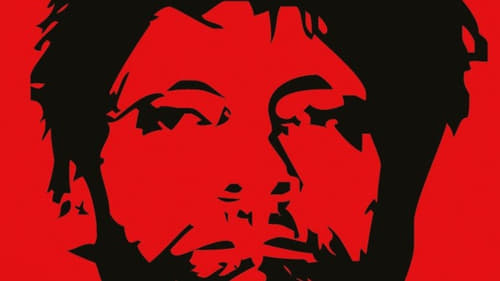Dietmar Post
Рождение : 1962-12-26, Espelkamp, Germany
История
Dietmar Post (born: December 26, 1962) is a German film director and producer.

Director
Franco on Trial is the new film by Dietmar Post and Lucía Palacios. After the success of Franco's Settlers, their first encounter with Franco's dictatorship, they are now setting their sights on one of the darkest chapters of European history: the presumed organized extermination that took place during the coup, the war, and the subsequent dictatorship led by Franco, as well as Argentina's current effort, by invoking the principle of universal jurisdiction, to prosecute Francoists accused of committing crimes against humanity. The film is also a sore reminder of an issue that still stands today: the clear-cut accountability held by Germany, Italy, and Portugal. The film accomplishes to give both sides a voice - those against whom the killing has been directed; and the side of the perpetrators.

Producer
Explores Llanos del Caudillo, a town from La Mancha founded in 1955 by the dictator Franco; a discreet and calm attempt to dissect recent Spanish history and to review how some Spaniards deal with the cruel heritage of their past. A reflection on what to do with the Francoist legacy in towns, streets and squares in Spain.

Writer
Explores Llanos del Caudillo, a town from La Mancha founded in 1955 by the dictator Franco; a discreet and calm attempt to dissect recent Spanish history and to review how some Spaniards deal with the cruel heritage of their past. A reflection on what to do with the Francoist legacy in towns, streets and squares in Spain.

Director
Explores Llanos del Caudillo, a town from La Mancha founded in 1955 by the dictator Franco; a discreet and calm attempt to dissect recent Spanish history and to review how some Spaniards deal with the cruel heritage of their past. A reflection on what to do with the Francoist legacy in towns, streets and squares in Spain.

Writer
The monks were 5 American GIs in cold war Germany who billed themselves as the anti-Beatles; they were heavy on feedback, nihilism and electrical banjo. They had strange haircuts, dressed in black, mocked the military and rocked harder than any of their mid-sixties counterparts while managing to basically invent industrial, kraut rock, heavy metal, punk and techno music.

Director
The monks were 5 American GIs in cold war Germany who billed themselves as the anti-Beatles; they were heavy on feedback, nihilism and electrical banjo. They had strange haircuts, dressed in black, mocked the military and rocked harder than any of their mid-sixties counterparts while managing to basically invent industrial, kraut rock, heavy metal, punk and techno music.

Assistant Director
More of a film essay - of the type pioneered by Orson Welles and Chris Marker - than a standard documentary, German filmmaker Lutz Dammbeck's The Net: The Unabomber, the LSD and the Internet begins with the typical format and structure of a nonfiction film, and a single subject (the life and times of mail bomber Ted Kaczynski). From that thematic springboard, Dammbeck branches out omnidirectionally, segueing into a series of thematic riffs and variants on such marginally-related subjects as: the history of cyberspace, terrorism, utopian ideals, LSD, the Central Intelligence Agency, and Cuckoo's Nest author Ken Kesey and his Merry Pranksters.

Director
Reverend Billy, a.k.a. Bill Talen, is an actor/performance artist and a leading figure within the anti-globalization movement. His work combines the ideas of social and political change with the means of theater arts to counteract our media-laden culture. The film follows the Reverend's "shopping interventions/actions" into cultural dead zones such as Starbucks, Disney and the New York University construction site at Poe House.

Director
A lonely man on the brink of emotional desolation talks to his Oatmeal. His need for friendship compels the man to a bizarre act.

Director







